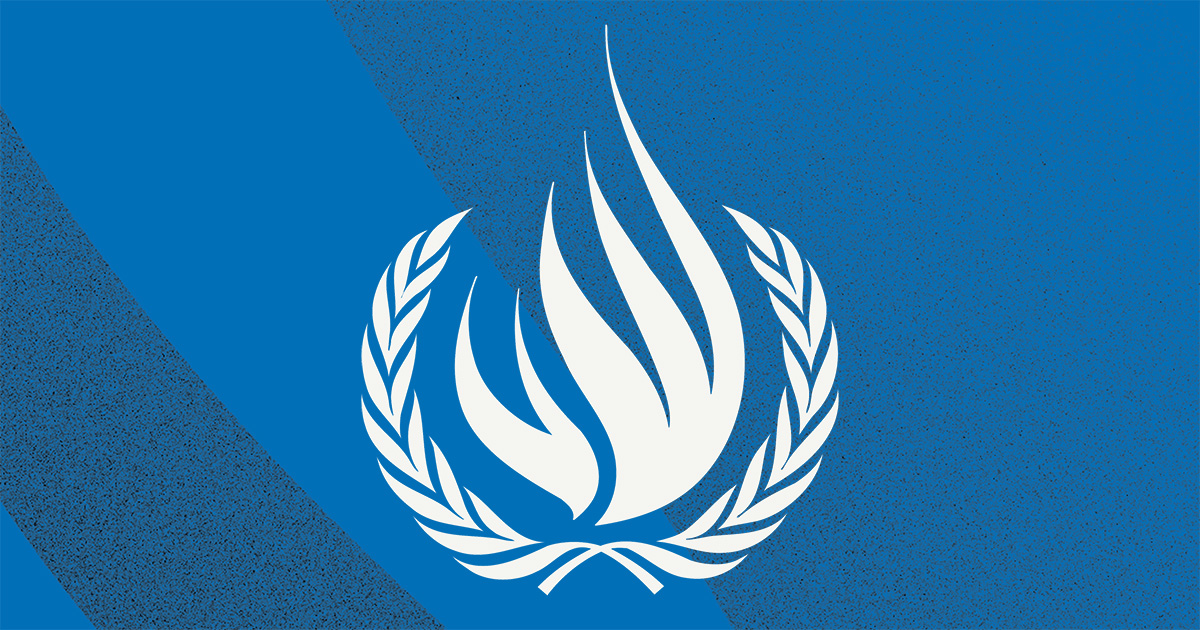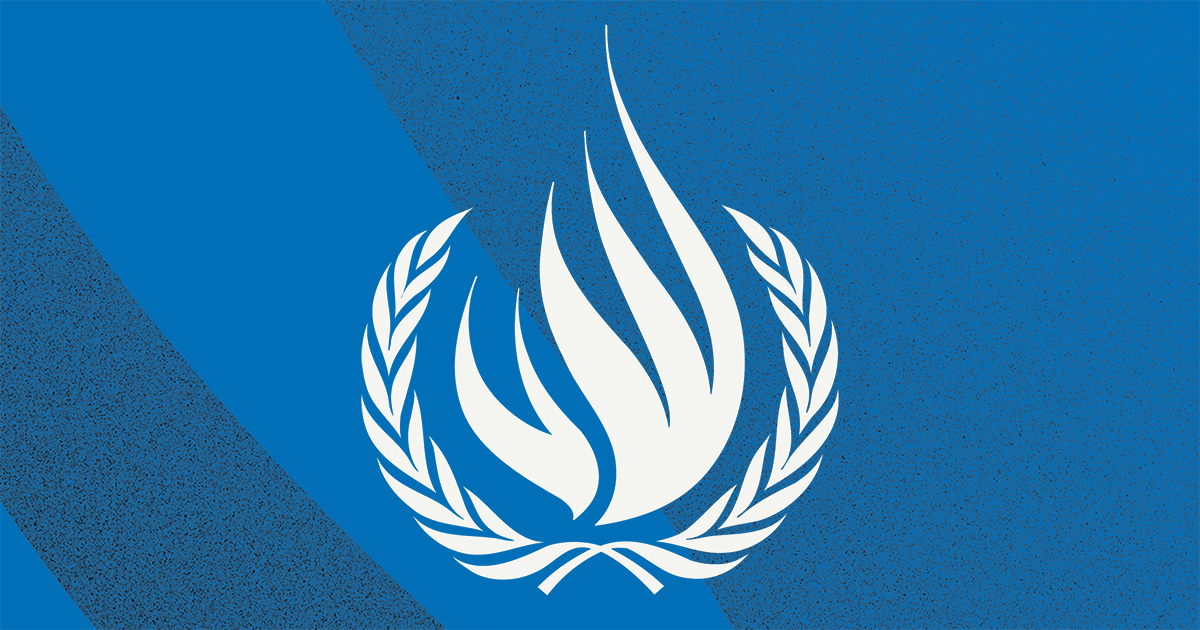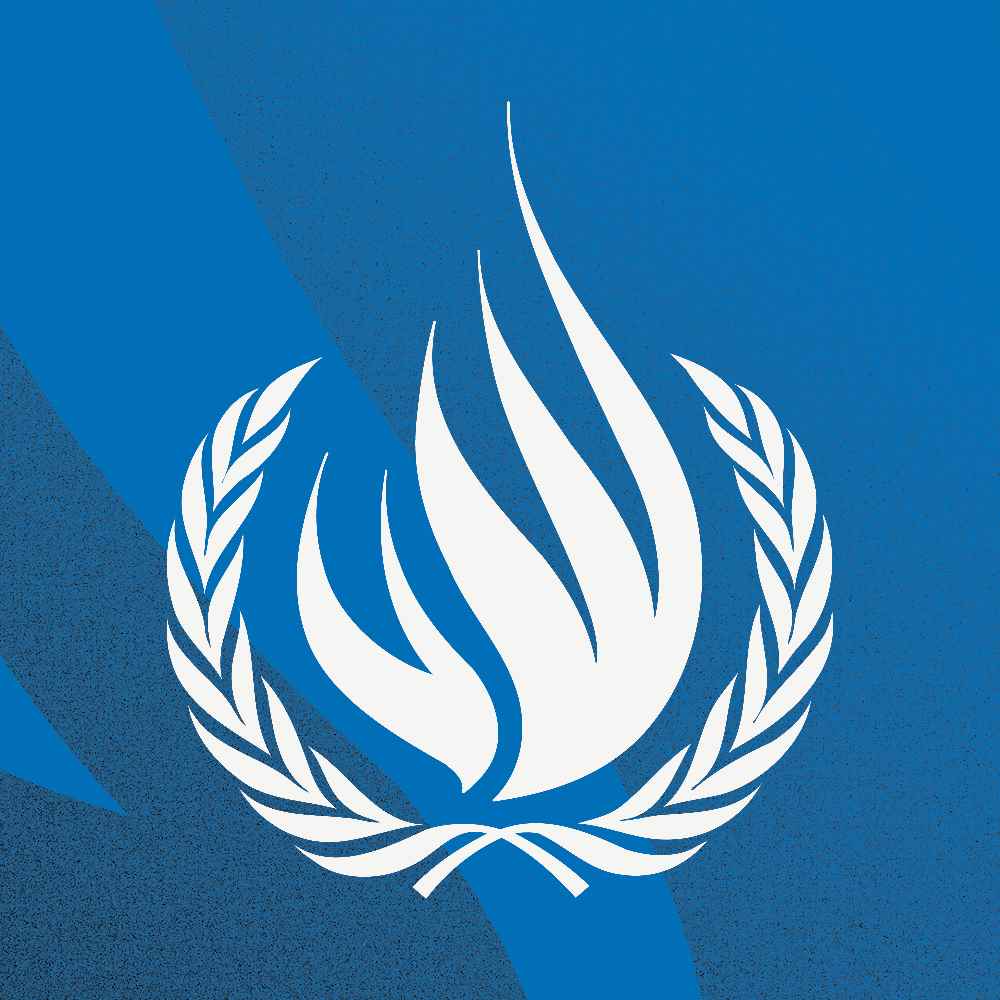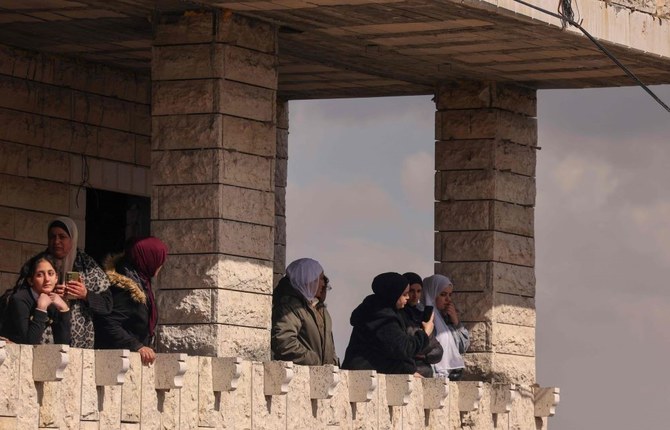
GENEVA (22 September 2023) ̶ A UN expert group on discrimination against women and girls will conduct its first official visit to Mauritania from 25 September to 6 October 2023.
During the visit, the Working Group will assess progress and challenges in achieving gender equality and eliminating discrimination against women and girls in the country, including legislative reforms and policies implemented to promote the rights of women and girls, achieve substantive gender equality and address structural discrimination.
The Working Group will visit Nouakchott and Bassikounou, where they will meet with national and local authorities, independent entities, women and girls, civil society organisations, academics, journalists, elected women leaders, UN entities and other international stakeholders.
The visit will be led by Meskerem Geset Techane, Member of the Working Group.
The Working Group will hold a press conference at 11:30 (local time) on Friday 6 October 2023 at Hôtel Azalai, 160, Avenue Gamal Abdel Nasser Nouakchott. Access will be strictly limited to accredited journalists.
The Working Group will present its report to the UN Human Rights Council in June 2024.
The UN Working Groupon discrimination against women and girls was created by the Human Rights Council in 2011 to identify, promote and exchange views, in consultation with States and other actors, on good practices related to the elimination of laws that discriminate against women. The Group is also tasked with developing a dialogue with States and other actors on laws that have a discriminatory impact where women are concerned.
The Working Group is composed of five independent experts: Ms Dorothy Estrada Tanck (Mexico), Chairperson; Ms Meskerem Geset Techane, Vice-Chair (Ethiopia); Ms Elizabeth Broderick (Australia); Ms Ivana Radačić (Croatia); and Ms Melissa Upreti (Nepal).
In its work, this Group of Experts looks at all aspects of women’s life: political and public; economic and social; family and cultural life; health and safety, including violence against women and girls as a manifestation of gender-based discrimination; and barriers to access to justice. They pay particular attention to women and girls who encounter multiple and intersecting forms of discrimination, including migrants, refugees, religious and ethnic minorities, LBTIQ+ persons, and women and girls with disabilities.
The Working Groups are part of what is known as the Special Procedures of the Human Rights Council. Special Procedures, the largest body of independent experts in the UN Human Rights system, is the general name of the Council"s independent fact-finding and monitoring mechanisms. Special Procedures mandate-holders are independent human rights experts appointed by the Human Rights Council to address either specific country situations or thematic issues in all parts of the world. They are not UN staff and are independent from any government or organization. They serve in their individual capacity and do not receive a salary for their work.
For further inquiries and media requests, please contact:
Ohchr-dl-wgdawprofessionalteam@un.org
For media enquiries regarding other UN independent experts, please contact Maya Derouaz (maya.derouaz@un.org) or Dharisha Indraguptha (dharisha.indraguptha@un.org)
Follow news related to the UN’s independent human rights experts on Twitter @UN_SPExperts.
Concerned about the world we live in?
Then STAND UP for someone’s rights today.
#Standup4humanrights
and visit the web page at
http://www.standup4humanrights.org







